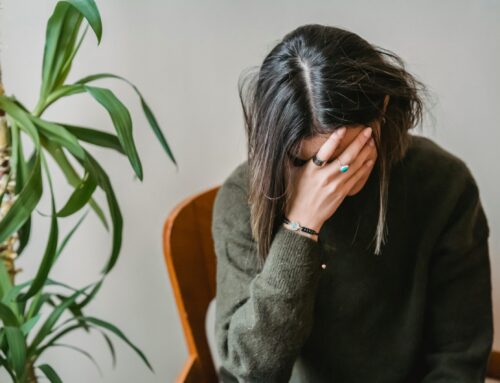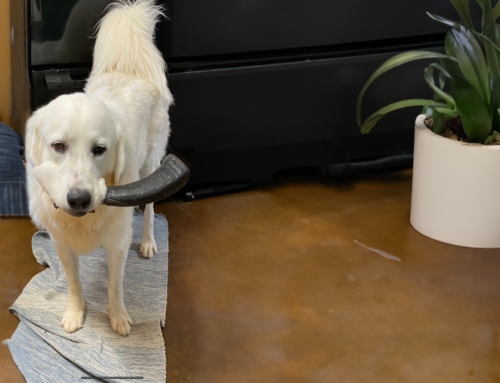In this day and age, depression has become a hot topic, but what exactly is it?
Depression is a medical condition that happens when someone’s chemicals are out of balance, making them feel low-energy and discontent. To be officially considered “depressed,” these feelings must be present for over two weeks. While grief and depression can go hand-in-hand, depression differs from feeling sad because it is not caused by a singular event like sadness. Depression impacts people physically as well as emotionally and can even weaken the immune system.
What exactly are the symptoms of depression?
Some of the most common depression symptoms are…

– Little to no interest in people, activities, or things
– Loss of appetite
– Irritability
– Socially withdrawn
– Trouble sleeping (sleeping too little/too much)
– Little to no energy
– Negative feelings of guilt, worthlessness, helplessness, and hopelessness
– Trouble with memory and decision-making
– Physical pain (headaches, body aches, digestive issues)
– Thoughts of suicide
What happens during depression?
When someone is depressed, it impacts their quality of life. They have a hard time in their relationships with others and themselves. They will often isolate themselves as well as engage in negative self-talk and other negative behaviors.
What are 4 major causes of depression?

Although there is no one cause, these four causes are considered to be the most common contributing factors.
- Family
People who have a history of depression in their family are more likely to have it themselves.
- Illness/Health Issues
Often, serious health issues and long-term illnesses result in someone developing depression.
- Personality
Certain dispositions can be more prone to developing depression given their emotional challenges and their life circumstances, such as reoccurring trauma.
- Substance Abuse
Substances dysregulate our brains’ chemicals so when someone uses substances frequently, they are more likely to feel depressed due to their brain’s chemical imbalance.
Unfortunately, depression is fairly common. However, there are lots of ways to treat it!
Treatment for Depression
While there are varying approaches to treatment such as medication or alternative therapies like meditation and acupuncture, let’s talk about how Solace Solutions handles it with cognitive-behavioral therapy (CBT).
Depression often stems from one (or more) of 6 negative core beliefs:
- I am a failure
- I’m not good enough
- I’m not trustworthy
- I don’t belong
- I’m unworthy
- I’m unloveable
While these core beliefs are untrue, we repeat them to ourselves over and over again until we actually start to believe them which has a serious impact on our mental health and wellbeing. Just reading them makes us feel bad! In order to disrupt these thought patterns, we use CBT to help others identify which negative thoughts they struggle with and uncover where these thoughts originate from (they often form when we are young). Once we have uncovered these thoughts we can rewrite them so we can replace these negative core beliefs with positive affirmations.
Another aspect of our holistic approach to therapy is exploring outside factors: diet, exercise, and sleep. These three factors are commonly overlooked although they have serious mental repercussions. (Want to read about how food impacts mood? Check it out here.)

While depression can make you feel lonely and hopeless, there are ways to move through it. Combined approaches like CBT, exercise, improved diet, and better sleep can help you feel better! If you are struggling, don’t hesitate to reach out. Solace Solutions is here to support you! Still curious about depression? Learn more here.





